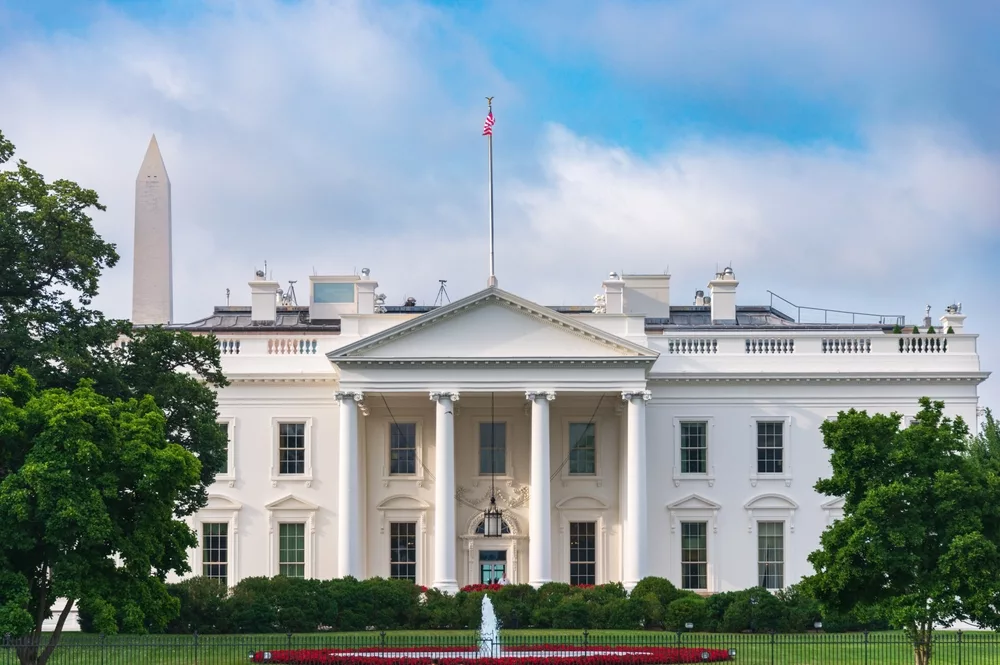- Cryptocurrency airdrops are a strategic marketing tool that blockchain protocols and teams use to distribute tokens or digital assets to eligible users.
- Airdrops aim to boost protocol activity, raise awareness, and enhance community engagement.
- Malicious actors exploit vulnerable and less experienced users with phishing links and other means, so it’s essential to exercise extreme caution if exploring airdrops.
- Airdrops are taxable events due to their classification as ordinary income.
- Read more Crypto Council explainers.
What are Airdrops?
A cryptocurrency airdrop is when a blockchain protocol distributes tokens or digital assets to users meeting specific criteria. It is a marketing strategy employed by blockchain projects to encourage protocol activity, generate awareness, and foster community engagement.
Typically, protocols earmark a percentage of their total token supply to stimulate the ecosystem with incentives. In these cases, the earliest users of a protocol are usually the beneficiary of an airdrop. The value of airdrops can range from nominal amounts to substantial figures.
For example, Jito, a Solana liquid staking MEV protocol, recently allocated 10% of its supply for an airdrop. The Jito team used a tier-based system monitoring their cumulative interactions and the overall time horizon of activity to distribute tokens.
The lowest tier in this example received 4,941 Jito (JTO) tokens. Using recent prices, the smallest allocation is worth nearly $12,000 as of this writing.
Projects often won’t explicitly share if and when they will airdrop tokens. This ambiguity generally causes much speculation around tokenless projects and has proven to be a catalyst for unusual surges in activity around a given protocol.
How Do I Qualify For Airdrops?
Participants are often required to use financial resources to interact with different blockchain ecosystems and the accompanying protocols to meet the criteria for an airdrop. Considering the risk involved by interacting with newer protocols, the risk-reward could steer participants away from “airdrop farming.” Simply put, airdrop farming is when users interact solely with protocols to qualify for airdrops despite formal announcements.
In addition to protocol interactions, many users must complete tasks like following social media accounts, sharing social posts, or actively contributing to social channels. Sometimes, protocols invite users to interact in a test environment that doesn’t require financial resources, making participants eligible for an airdrop. Interacting in test environments is generally the more attractive option, as it only requires someone’s time and curiosity.
Protocols eventually determine eligibility by taking a time-stamped “snapshot”, capturing historical users and their corresponding activity before distribution.
The impact of airdrops can vary widely. For instance, a project might distribute tokens proportionally to users based on the type of activity, effectively rewarding and retaining its user base. The illustration above shows how Jito allocated 10% to three types of users: Jito-Solana Validators, Jito MEV Searchers, and JitoSol Stakers.
Types of Airdrops
Crypto airdrops are diverse in their execution, each designed to cater to different goals and participant engagement levels. Standard Airdrops are the simplest, where participants provide their wallet address to receive tokens, often on a first-come, first-served basis. However, their ease can lead to exploitation, called Sybil attacks, where a single user creates multiple addresses and qualifies them all. Bounty Airdrops require more active involvement, with participants performing tasks like social media resharing or referrals to earn points.
In contrast, Holder Airdrops automatically reward existing token holders, aligning the distribution with the number of tokens held, thus favoring more involved community members. Exclusive Airdrops target individuals based on specific criteria beyond token ownership, such as owning a particular NFT collection. Lastly, Raffle Airdrops introduce an element of chance, where participants earn entries through various actions, randomly selecting winners and making it a more exciting method for distributing tokens. Each airdrop variety serves a unique purpose, from straightforward distribution to fostering deeper community involvement and loyalty.
The Benefits and Disadvantages of Airdrops
Airdrops offer recipients the chance to gain free or low-effort cryptocurrencies, which could increase in value. This opportunity is especially appealing for those new to the cryptocurrency world, as it encourages learning about crypto wallet management, transfer of digital assets, and interacting with smart contract protocols.
However, significant risks accompany these benefits. Development teams risk distributing tokens to short-term profit seekers, which could destabilize the token’s value and skew assumptions of product market fit. For recipients, there is the potential for scams and unforeseen tax implications.
Engaging in an airdrop usually requires sharing personal or wallet information, increasing the risk of fraud and digital asset theft. Scammers often advertise believable phishing links and have been known to take over official social media accounts to share malicious “airdrop” links.
Moreover, receiving an airdrop is a taxable event in most jurisdictions. Therefore, participants need to be cautious, adhere to guidelines provided by reputable sources, and be aware of the volatile and unregulated nature of the cryptocurrency market.
Conclusion
While receiving airdrops might seem appealing, it’s important to note that they aren’t always entirely free. Learning and interacting with these protocols will require time and could incur transaction fees. The primary goal of a crypto-airdrop is not to provide financial gain to recipients but rather to raise awareness and build a fanbase for new projects and services, akin to receiving a discount coupon to visit a new store. As such, frequent users of various crypto platforms are more likely to encounter these airdrop opportunities during their journey on the blockchain.

























